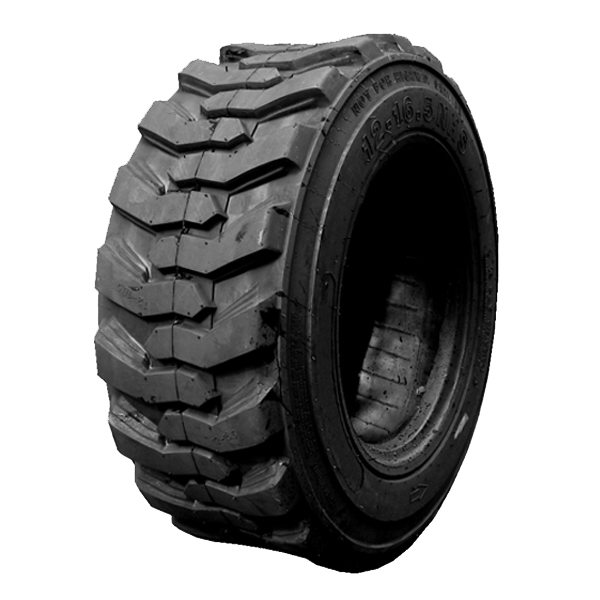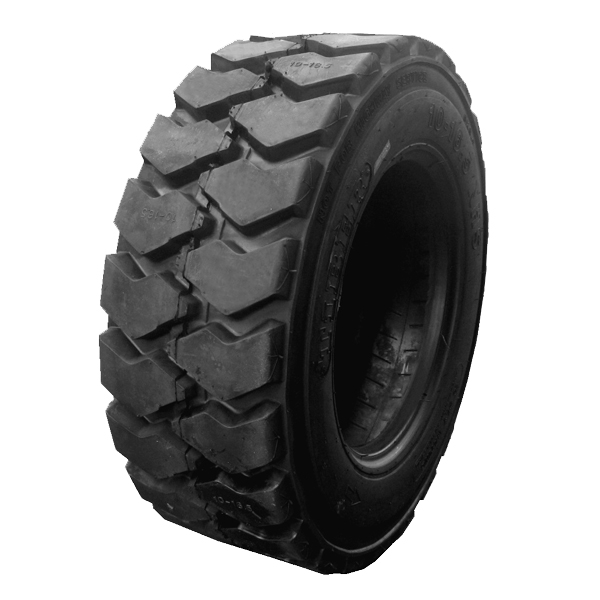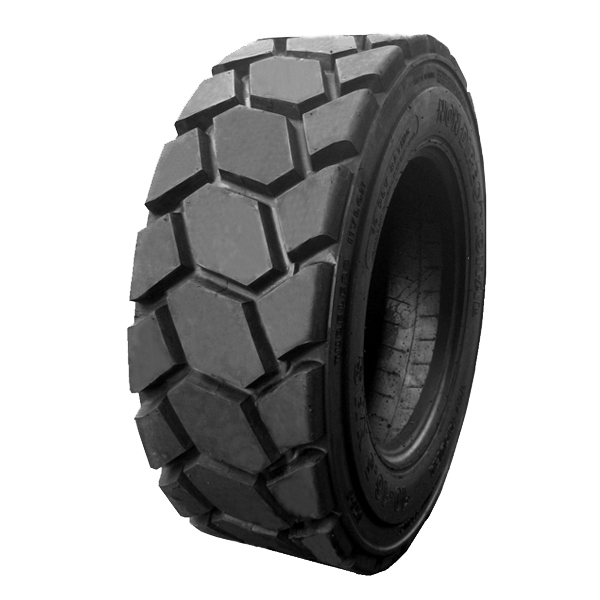Sprayer tyres, Rice transplanter tires and wheels, Agricultural tyres, tractor tires, Industrial Tyres, OTR Tires, skid tires, truck tires

When it comes to maximizing the performance and efficiency of your skid steer loader, one of the most critical decisions you can make is choosing the right tires. Skid steer loaders are versatile machines that can handle a wide variety of tasks across different industries, from construction and landscaping to agriculture and material handling. However, the right set of tires can make all the difference in terms of productivity, safety, and operating costs. Bostone, a trusted name in tire manufacturing, specializes in providing high-quality skid steer tires that cater to the diverse needs of modern industries. In this article, we’ll guide you through the key factors to consider when choosing the best skid steer tires for your needs.
The first step in selecting the right skid steer tires is understanding the type of terrain and tasks you’ll be performing. Skid steer loaders can be used in various environments, and the tire you choose must match the specific conditions of your work site.
Construction Sites: If you’ll be working on hard surfaces like concrete, asphalt, or compacted gravel, you’ll need tires that can withstand heavy loads and resist wear on abrasive surfaces. Solid rubber tires or foam-filled tires are often the best choice for these environments due to their durability and puncture resistance.
Landscaping and Agriculture: For softer, uneven surfaces such as dirt, grass, or muddy fields, you’ll want tires with deep tread patterns that provide excellent traction. Pneumatic tires with aggressive treads are ideal for such terrain as they offer better flotation and minimize damage to delicate ground surfaces.
Snow or Ice Conditions: If you’ll be working in snowy or icy conditions, look for tires with specialized tread patterns designed for snow traction. Some tires can even be outfitted with studs or chains for added grip.
Understanding the work environment is crucial for choosing tires that will not only perform well but also enhance the safety and efficiency of your skid steer loader.

There are three primary types of skid steer tires, each offering different benefits based on the application.
Pneumatic tires are the most common and versatile type of skid steer tires. They are air-filled and come in a variety of tread patterns to suit different terrains. Pneumatic tires are favored for their ability to absorb shocks and provide a smoother ride, especially on uneven surfaces.
Pneumatic tires are ideal for operators who work on soft ground and need a tire that offers comfort and versatility.
Solid tires are made entirely of rubber, making them puncture-proof and extremely durable. These tires are ideal for heavy-duty applications, particularly on abrasive surfaces or where there is a high risk of tire damage from debris, nails, or sharp objects.
Solid tires are often the go-to choice for construction sites, scrap yards, and other tough environments where durability is essential.
Foam-filled tires are essentially pneumatic tires filled with foam to prevent flats. They offer the cushioning of pneumatic tires while maintaining the puncture resistance of solid tires. These are a great compromise between pneumatic and solid tires for operators who want the benefits of both.
Foam-filled tires are best for operators who need durability without sacrificing ride comfort, especially in mixed terrain environments.

The tread pattern on your skid steer tires plays a significant role in determining how well your machine can grip the ground, whether you’re working on loose soil, mud, gravel, or hard surfaces.
R-4 Tread: This is a standard industrial tread pattern designed for versatility across different surfaces, providing moderate traction and durability. R-4 tires are ideal for operators working on mixed surfaces, such as gravel and hard-packed dirt.
R-1 Tread: This is a more aggressive tread pattern designed for soft ground and agricultural environments. It offers excellent traction in muddy or soft conditions but may wear quickly on hard surfaces.
Smooth Tread: These tires have no tread and are designed for hard surfaces, like concrete or asphalt. Smooth tread tires minimize wear on hard surfaces and provide better stability on smooth terrain.
Choosing the right tread pattern ensures you get the best performance from your skid steer loader in specific environments, whether you need enhanced traction in mud or smooth, wear-resistant tires for pavement.
The size of your skid steer tires affects both the machine’s ground clearance and stability. Larger tires provide better ground clearance and flotation, making them ideal for softer surfaces. However, they can reduce stability on harder surfaces. Always check your machine’s manufacturer specifications to ensure you select the correct tire size.
Additionally, pay attention to the tire’s ply rating, which refers to its strength and load-carrying capacity. A higher ply rating means the tire can handle heavier loads and is more resistant to punctures. For heavy-duty applications, opt for a higher ply rating to ensure durability and performance.
While selecting skid steer tires, it’s important to balance performance needs with your budget. Solid and foam-filled tires tend to be more expensive but offer longer service life and fewer maintenance concerns. On the other hand, pneumatic tires may require more maintenance but are usually more affordable upfront.
Investing in quality tires from a reliable manufacturer like Bostone can save you money in the long run by reducing downtime and improving your skid steer’s efficiency.

Choosing the right skid steer tires is essential for optimizing the performance and longevity of your machine. By understanding the type of work you’ll be doing, the types of tires available, tread patterns, and your budget, you can make an informed decision that meets your needs.
Bostone offers a wide range of high-quality skid steer tires designed for various applications, ensuring that operators can get the most out of their machines, regardless of the work environment. With the right tires, you can maximize your skid steer’s performance, reduce downtime, and keep your operations running smoothly.
For more information on selecting the perfect skid steer tires for your machine, visit Bostone’s website to explore their product offerings and get expert advice.